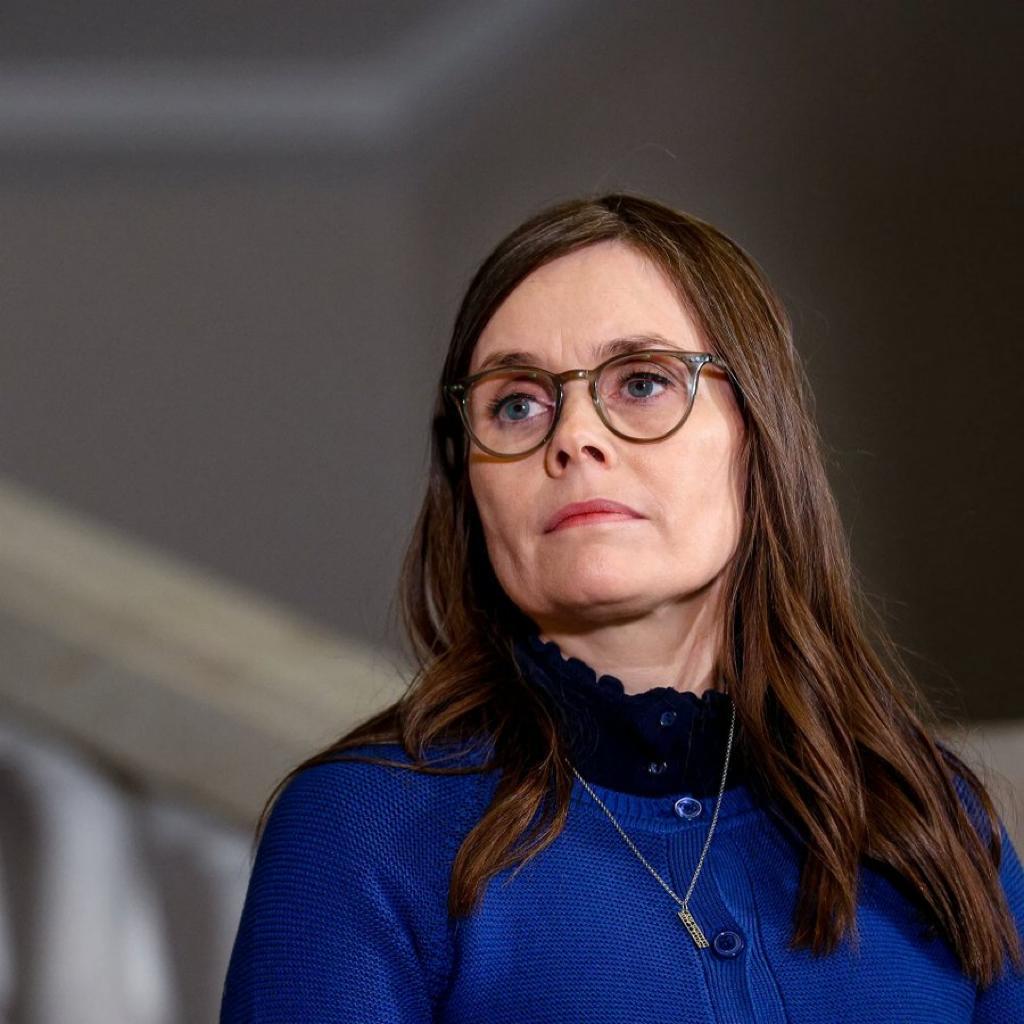Prime Minister Katrin Jakobsdottir has joined tens of thousands of Icelandic women who have decided to skip work on Tuesday in a show of solidarity against gender pay gap and gender-based violence in Iceland.
In line with this, a “kvennafri,” or women’s day off, has been declared. Particularly hard hit are industries like healthcare and education, where women make up the bulk of the workforce. There hasn’t been a full-day women’s strike since 1975, so this is quite an historic one.
Today, women are expected to boycott all forms of labour, including unpaid jobs like housework.
Ms Jakobsdóttir said on the mbl.is website before the demonstration, “I will not work this day, as I expect all the women [in cabinet] to do as well.”
READ ALSO:
189 Fake Companies Used to Obtain Lands in Abuja; CAC Confirms
Hamas is not terrorist organisation – Erdogan
Cash Crunch Forces FG to Extend Stay of Ambassadors by Three Months
She has also stated that her government is investigating the relative worth of traditionally female-dominated areas and those traditionally dominated by men.
The Icelandic Teachers’ Union reports that women make up the vast majority of educators across all levels of Icelandic schools, with 94 per cent of kindergarten instructors being female.
Also, women make up over 80 per cent of the workforce in Iceland’s largest hospital, National University Hospital.
For the past 14 years in a row, the World Economic Forum (WEF) has named Iceland the most outstanding country in the world when it comes to gender equality. However, the WEF’s overall score of 91.2 per cent masks significant inequality within the country.
In 1975, nearly ninety percent of Iceland’s female workers went on strike to promote the value of women in the workplace. The walkout paved the way for a new equal pay bill to be passed the following year in parliament.
During an interview with the BBC in 2015, former Icelandic president Vigdis Finnbogadóttir described the 1975 strike as “the first step for women’s emancipation in Iceland,” which she said helped prepare the way for her to become the first democratically elected head of state in the world in 1980.
Culled From https://documentwomen.com/


